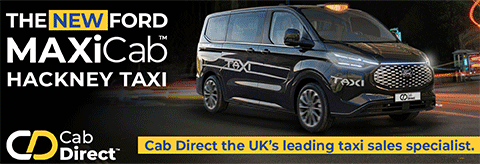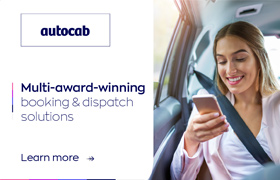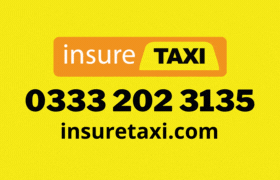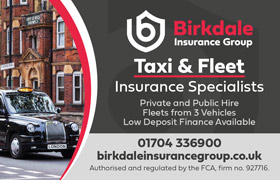GOVERNMENT LAUNCHES PUBLIC CONSULTATION ON FUTURE OF SELF DRIVING CARS

The public and industry are being encouraged to help shape the future of self-driving vehicles, as they are invited to offer their views to make them safe and accessible before the first services become available next year.
On 21 July 2025, Future of Roads Minister Lilian Greenwood launched a consultation on the automated passenger services (APS) permitting scheme and the draft statutory instrument, a key legal element of how taxi-, private-hire- and bus-like services of self-driving vehicles will be regulated once they hit roads in Great Britain.
Access the consultation here: https://shorturl.at/BVeAd
Safety, innovation, world-leading regulation and accessibility will be at the forefront of the consultation – with the self-driving vehicles rollout aiming to help reduce human error, which contributes to 88% of all road collisions.
Self-driving vehicles can provide greater choice and flexibility for passengers to get around more easily, including during unsociable hours. They could also help add new public transport options in rural areas to boost connectivity for local communities and improve mobility, accessibility and independence for those unable to drive.
The consultation follows the recent government decision to fast-track pilots of self-driving passenger vehicles to Spring 2026, helping the industry to innovate and grow. This will allow firms to pilot small-scale services without a safety driver for the first time – which could be available to members of the public to book via an app – before a potential wider rollout when the Automated Vehicles Act is implemented in full from the second half of 2027.
Through the consultation, representative groups, industry stakeholders, trade unions and members of the public will be able to make their views heard and influence future government policy over a variety of areas critical for self-driving vehicles to run safely and efficiently.
These include:
- how self-driving vehicles can be made as accessible as possible for disabled and older people
- how services of self-driving vehicles are approved by councils
- when a permit to operate a service should be varied, suspended or withdrawn
The APS scheme is an essential part of the of the Automated Vehicles Act, which will regulate taxi-, private-hire- and bus-like self-driving vehicles once it is implemented in full in the second half of 2027.
The Automated Vehicles Act will require self-driving vehicles to achieve a level of safety at least as high as competent and careful human drivers, and they will undergo rigorous safety tests before being allowed on our roads.
Self-driving trials have been taking place in the UK since January 2015, with British companies Wayve and Oxa spearheading significant breakthroughs in the technology.
The UK is already host to a thriving self-driving sector. Wayve secured a record-breaking investment of over $1 billion and announced recent partnerships with Nissan and Uber, while Oxa has already supported ‘bus-like’ services in the US and started rolling out self-driving vehicles at Heathrow Airport to improve baggage handling.
Read another story
- MANDATORY CCTV FOR COLCHESTER TAXIS FACES SCRAPPING AFTER YEARS OF DEBATE

Colchester City Council's licensing committee will consider a report on July 23, recommending against making CCTV compulsory, despite earlier calls to enhance safety for passengers and drivers.

- TUNBRIDGE WELLS CABBIES "FUMING" AS UBER SECURES OPERATING LICENCE

The decision by Tunbridge Wells Borough Council's (TWBC) licensing department will allow Uber to cover Tunbridge Wells, Paddock Wood, Southborough, and surrounding villages.

- VAT CONSULTATION UPDATE FROM EXCHEQUER SECRETARY
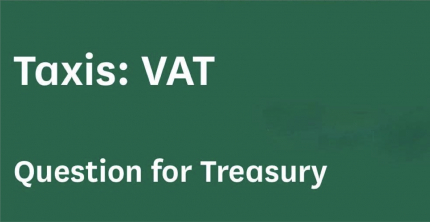
Exchequer Secretary, James Murray MP, confirms VAT consultation response will be published soon.

- NUNEATON AND BEDWORTH CONSULTATION PROPOSES EXTRA CHECKS AND PENALTY POINTS

The new policy outlines a penalty points scheme and other "significant criteria" for licensing.

- TAXI CRACKDOWN IN CHESTER ENSURES COMPLIANCE AND PASSENGER SAFETY

The initiative, dubbed Operation Recordings, saw 53 vehicles stopped, with several significant issues identified.

- RACIST STOKE THUG SPARED PRISON AFTER BRUTAL CABBIE ATTACK OVER FARE

Robert Barone, 51, was handed a community order despite a violent outburst that left the cabbie needing stitches and his car damaged.

- CRAWLEY BOROUGH COUNCIL CONSIDERS CCTV AND PANIC BUTTONS FOR TAXIS AND PHVS

The council has launched a public consultation to gather feedback on these measures, alongside a review of taxi identification signage.

- IPSWICH TAXI DRIVER LOSES LICENCE AFTER SERIOUS ACCIDENT AND FAILURE TO REPORT

he decision, made on Wednesday, July 2, came after Suffolk police informed the council of the alleged incident.

- PRIVATE HIRE DRIVER REPORTED FOR SUMMONS AFTER DANGEROUS A50 STOP

Staffordshire Police Roads Unit brought attention to the alarming incident in a post on X (formerly Twitter), sharing an image of the implicated grey Toyota C-HR

- HATE CRIME PROBE AFTER RACIST ATTACK ON CHESHAM TAXI DRIVERS
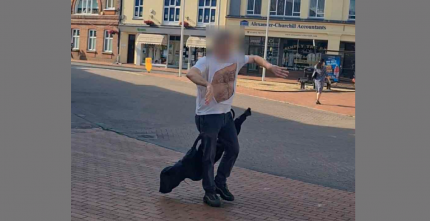
The cabbies described being subjected to racist slurs, shouting, and even having a glass bottle thrown at them.

- ABINGDON TAXI BOSS FEARS CLOSURE AS UBERS AGGRESSIVE PRICING HITS LOCAL FIRMS
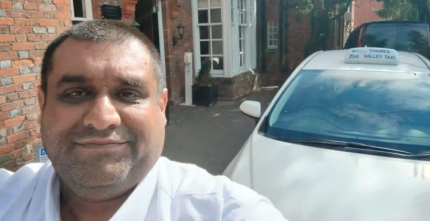
Yaseem Yusuf, who runs Thames Valley Taxis, claims his trade has fallen by 50% and that Uber's practices are "squeezing out local firms who could not afford to operate at a loss."

- "DANGEROUS" TAXIS ON KIRKLEES ROADS AS OVER 40% FAIL ANNUAL SAFETY TESTS
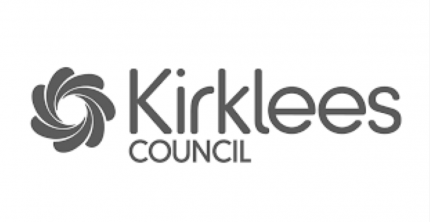
A report presented to Kirklees Council’s Licensing Committee revealed that up to 42% are failing monthly inspections, with the overall failure rate for the past year standing at over 25%.

- WOKING COUNCIL SEEKS VIEWS ON WHEELCHAIR TAXI EMISSION RULES
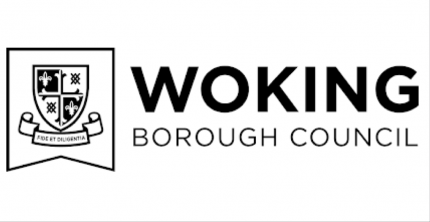
Residents, taxi drivers, and community groups are being invited to share their views on the future of wheelchair accessible taxis in Woking borough.

- STAFFORD BOROUGH TAXIS SET FOR FARE HIKE WITH FLAG FALL JUMPING FROM £3.10 TO £4
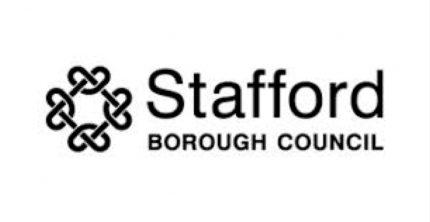
Taxi fares in Stafford Borough are poised for a significant increase, with the proposed starting rate for a standard journey jumping from £3.10 to £4.

- BURNLEY COUNCILLOR RAISES ALARM OVER CABBIE'S ENGLISH PROFICIENCY
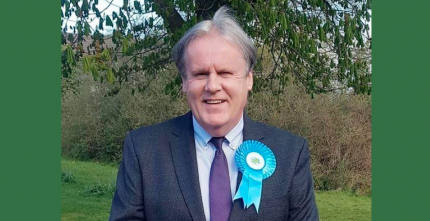
Cllr Alan Hosker, has voiced strong concerns regarding the English language proficiency of some taxi and private hire vehicle drivers in the borough, calling for new regulations.

- BANBURY TAXI DRIVER LOSES LICENCE AFTER APPEAL OVER UNPROFESSIONAL CONDUCT

Mohammed Shahzad, 46, has permanently lost his licence after a Magistrates' Court upheld Cherwell DC's decision to revoke it due to "unprofessional" conduct towards a vulnerable female passenger.

- FREENOW INVESTS IN FUTURE OF LONDON'S ICONIC BLACK CABS WITH NEW FINANCIAL SUBSIDY

Launched to coincide with the 160th anniversary of "The Knowledge of London" – the world-renowned test for black cab drivers established in 1865.

- RIP: SAD TO REPORT THE SUDDEN DEATH OF MUCH LOVED TODMORDEN PRIVATE HIRE DRIVER KHALIL REHMAN

A town is in mourning for a well-known and loved Calderdale taxi driver who died suddenly on Tuesday 15 July.

- EDINBURGH CABBIE'S LICENCE MAY BE SUSPENDED AGAIN FOR SHOUTING AT ELDERLY PASSENGER

Baris Eroglu first had his taxi licence suspended in 2024 after receiving three complaints in just over three months.

- UBER TO PAY $2718 MILLION COMPENSATION IN SETTLEMENT WITH AUSTRALIAN CABBIES

The class action suit centres on Uber’s launch into Australia before it was legalised and the impact of this on taxi drivers, particularly those who had paid for expensive licences.


